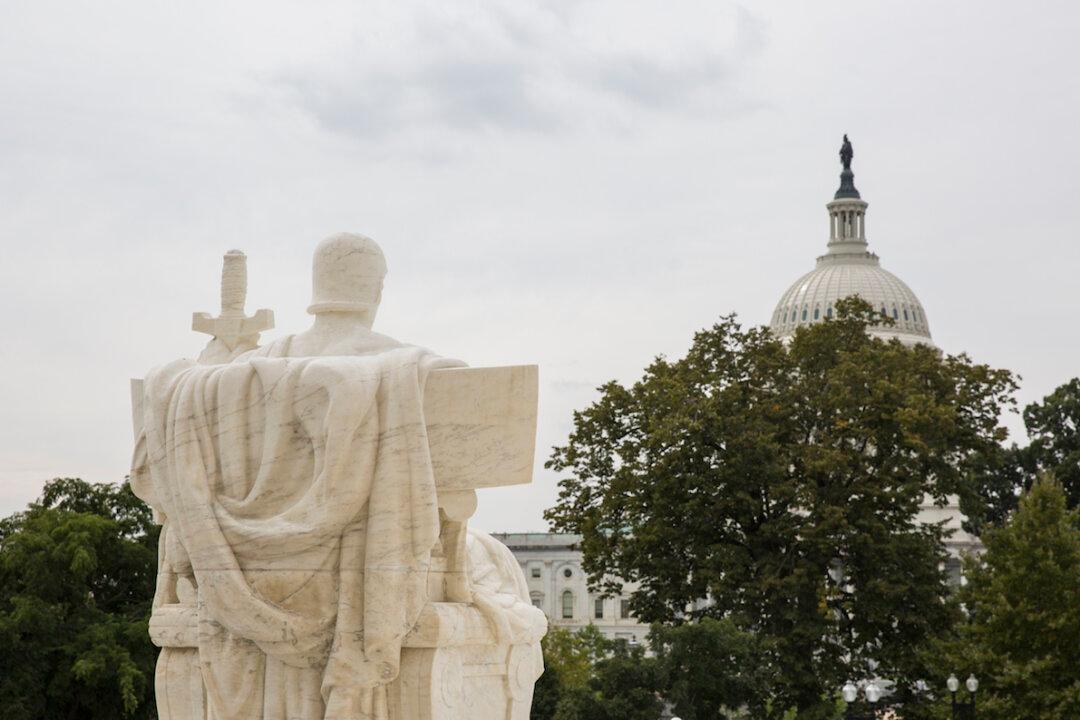Three states and the city of New York are asking the Supreme Court to suspend the enforcement of the “public charge” rule until the CCP virus pandemic is over.
The public charge rule that went into effect nationwide in February makes immigrants inadmissible to the United States or potentially ineligible for permanent residency or a visa renewal if he or she is likely to become a public charge at any time in the future.




